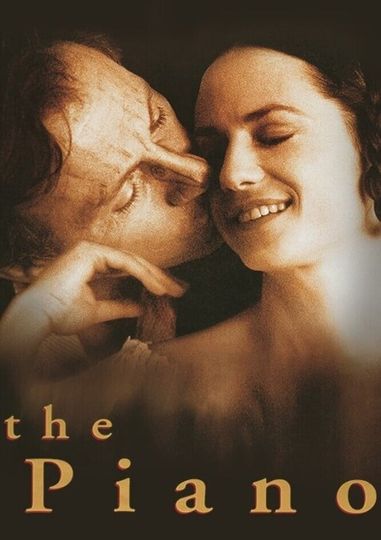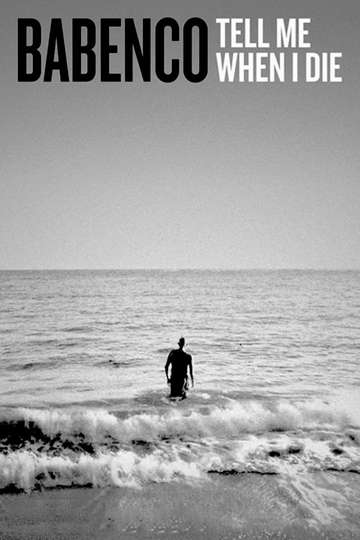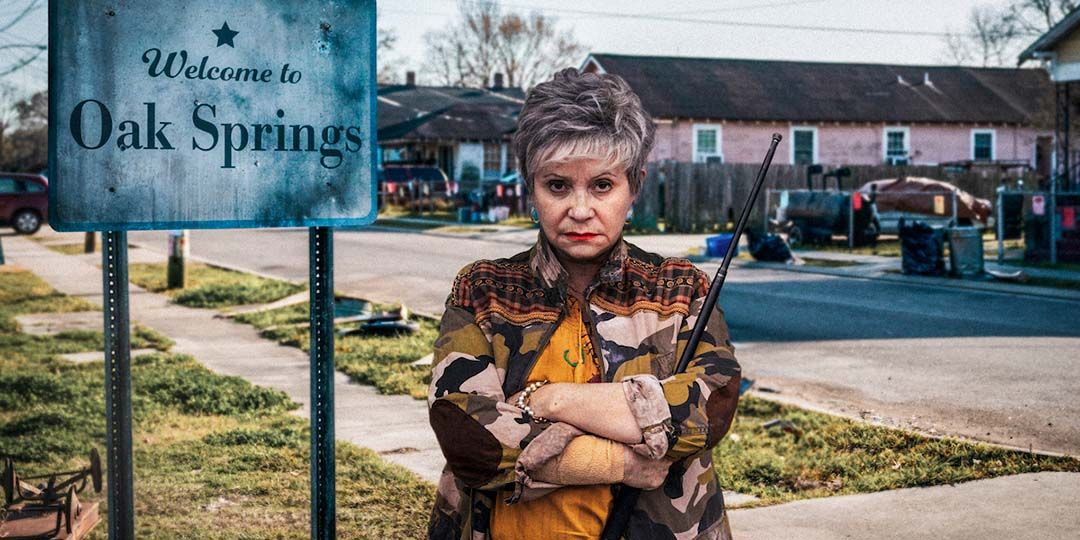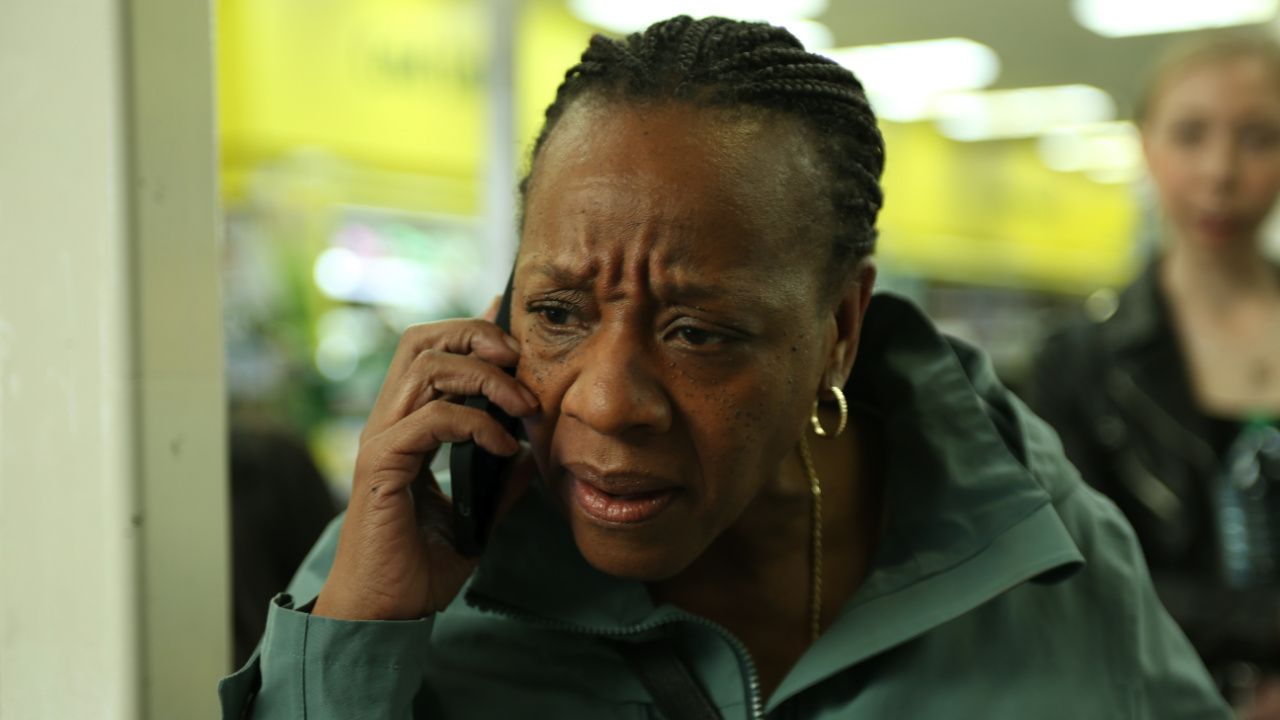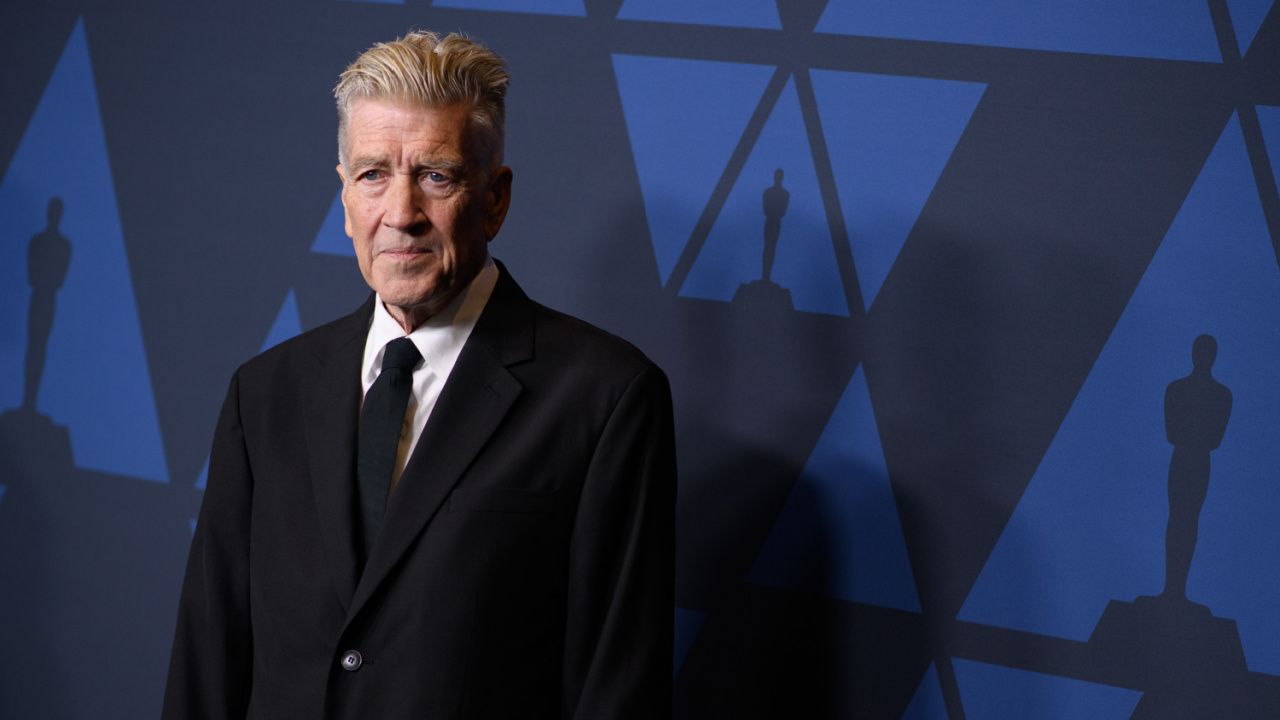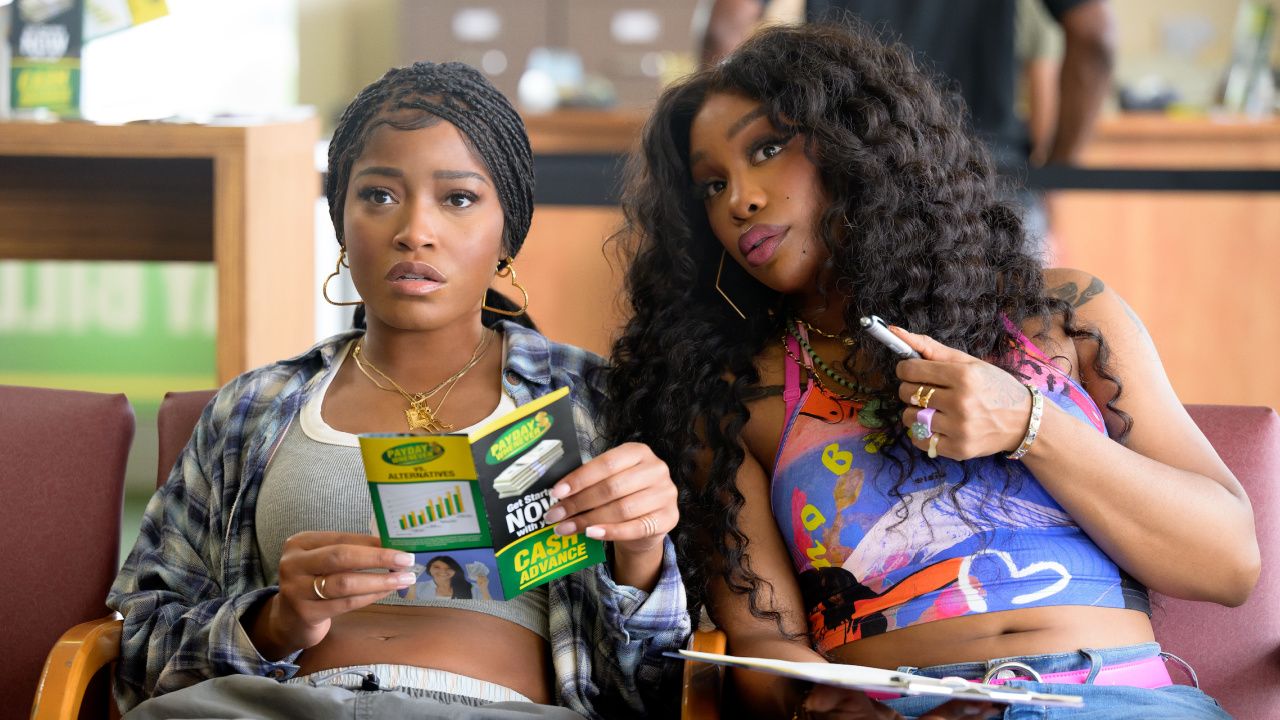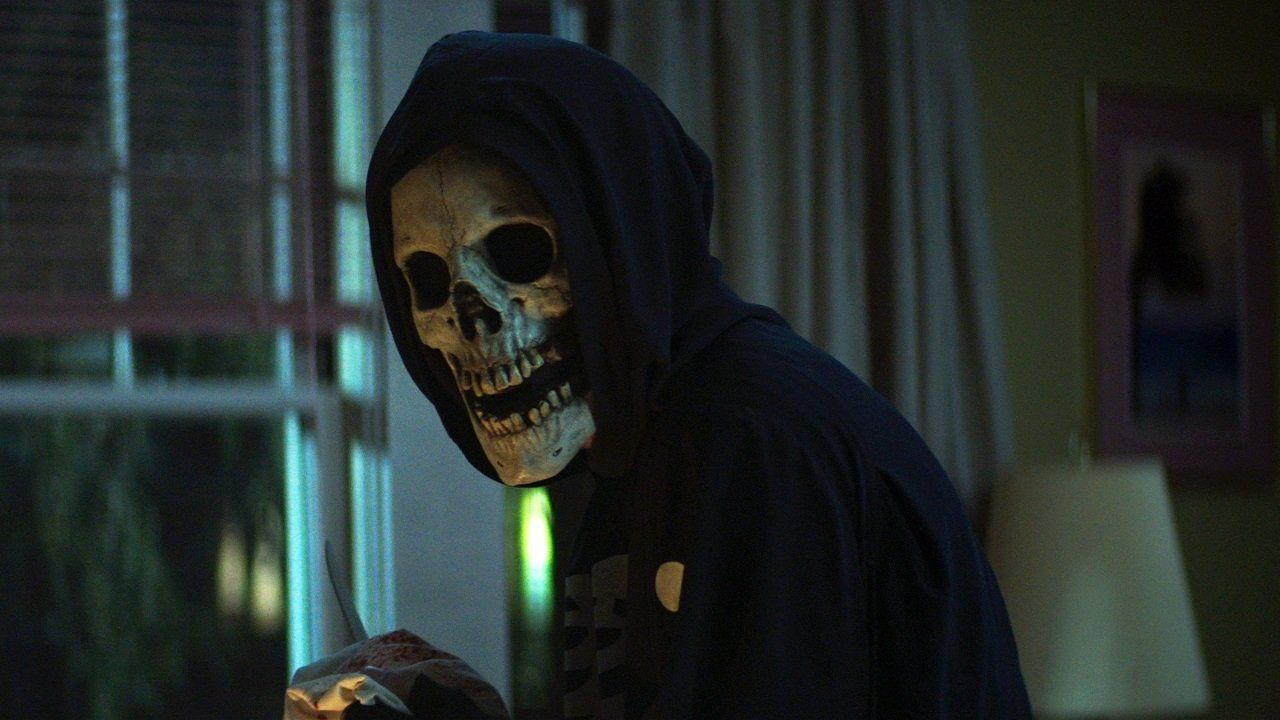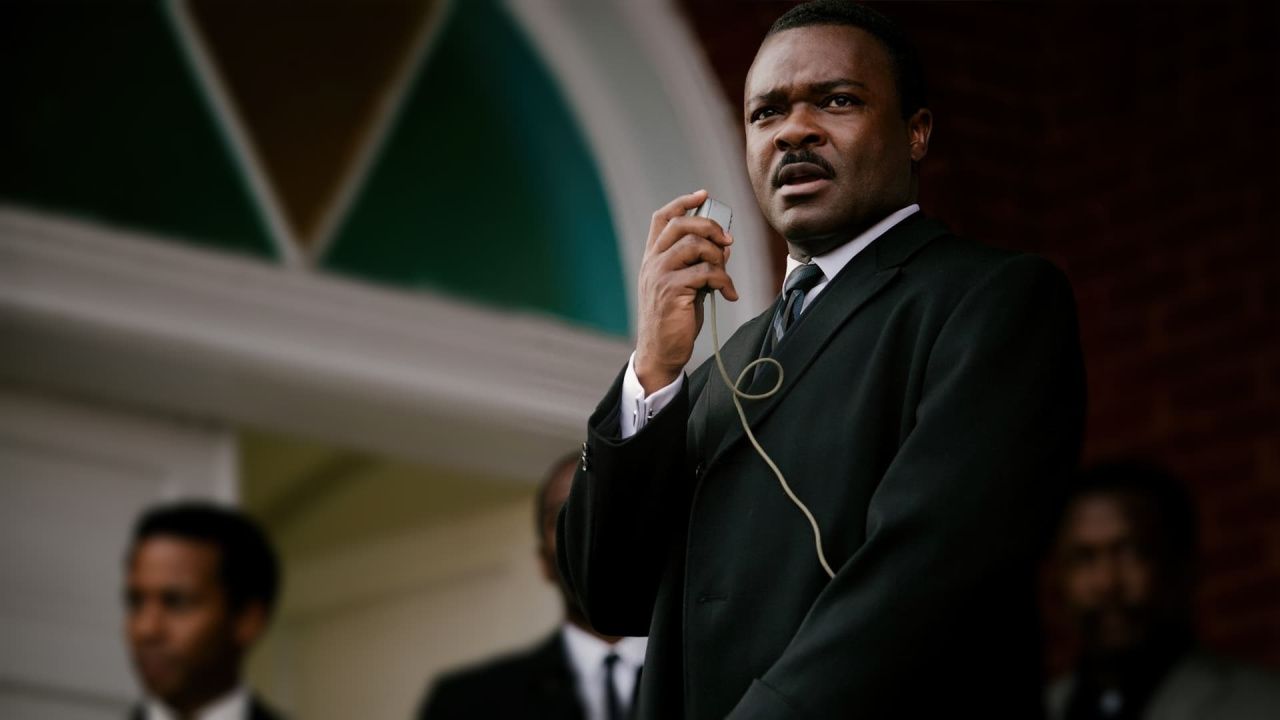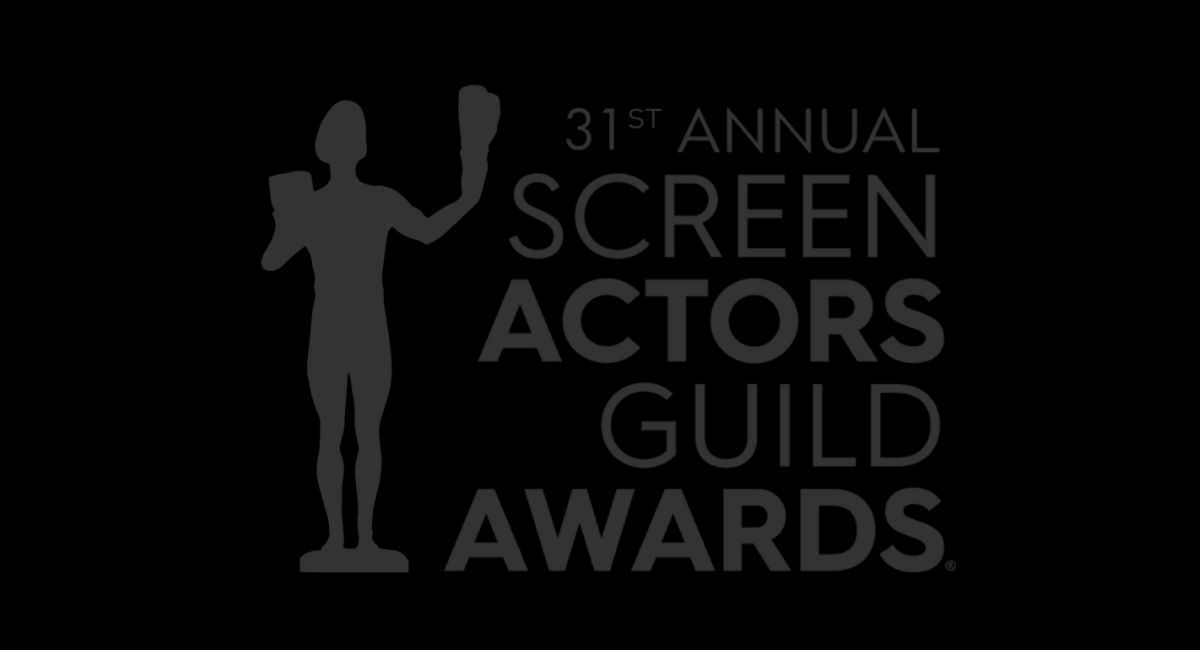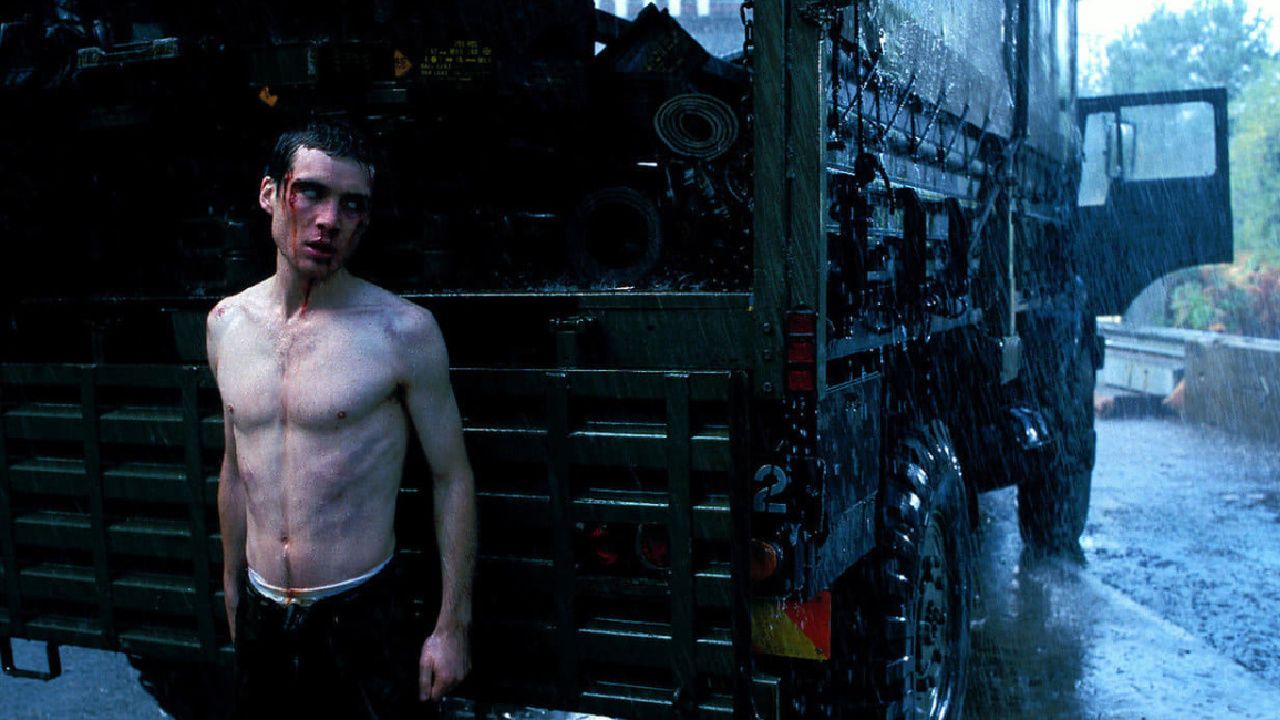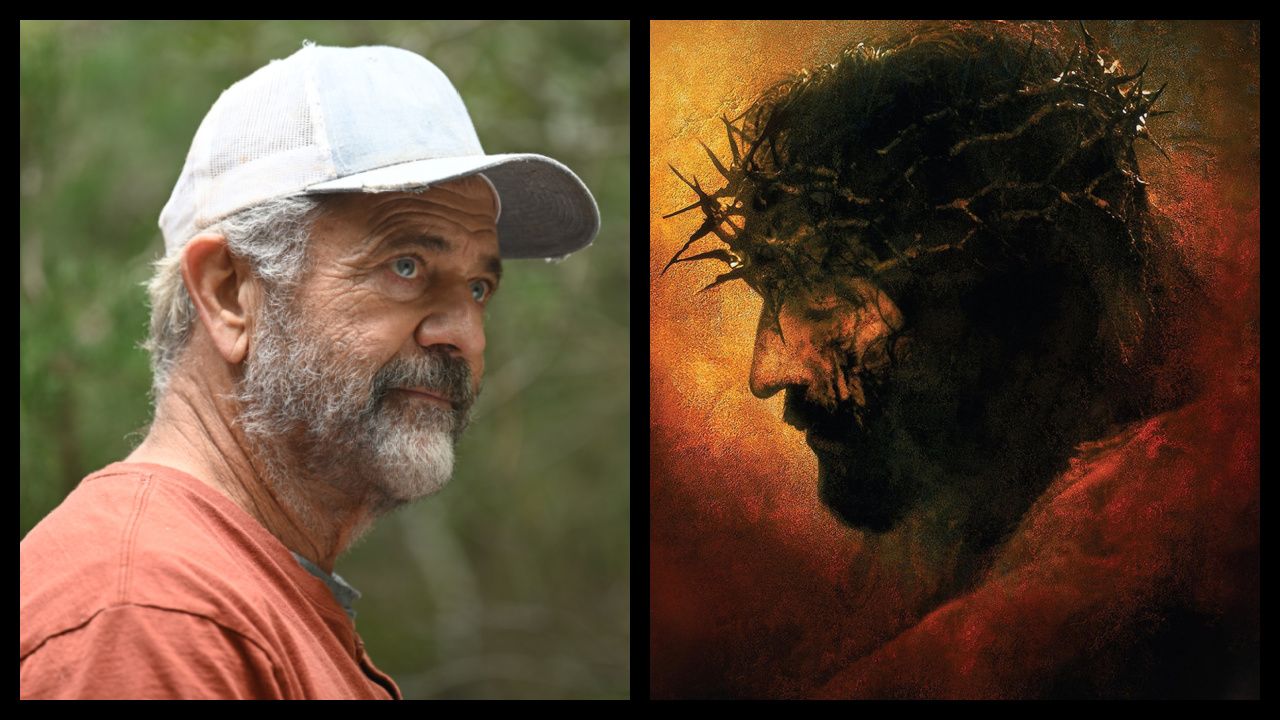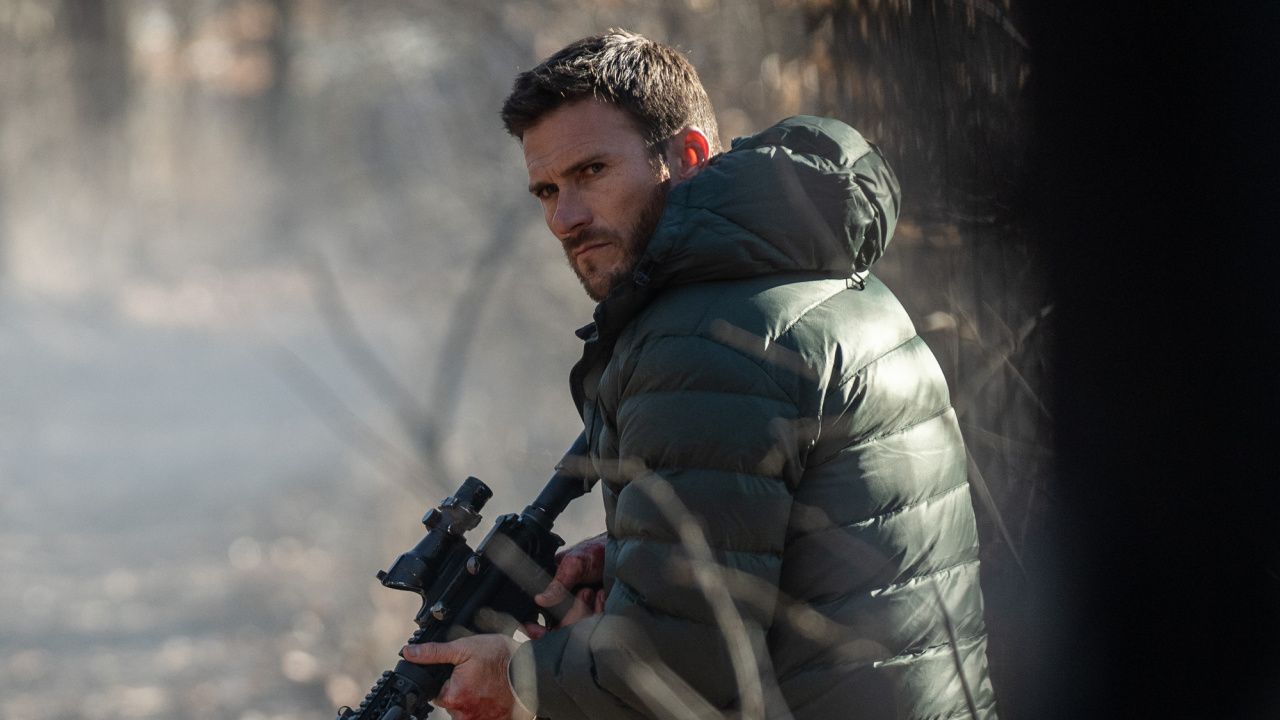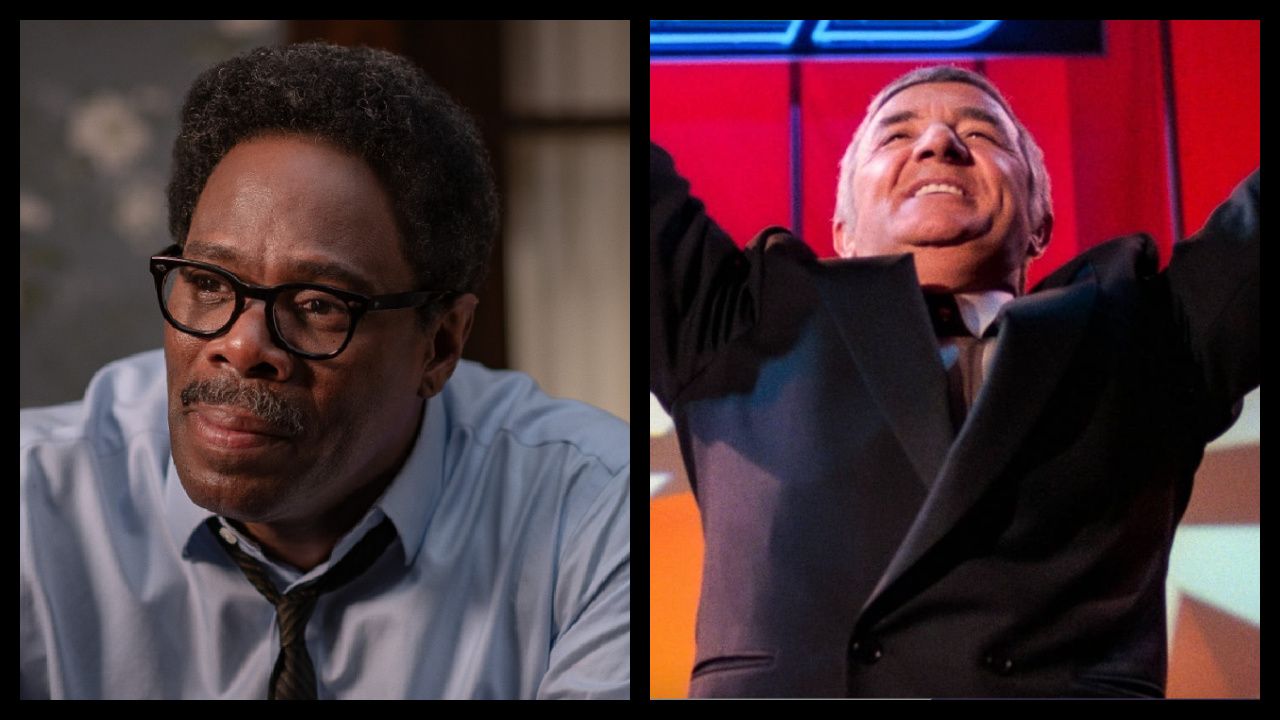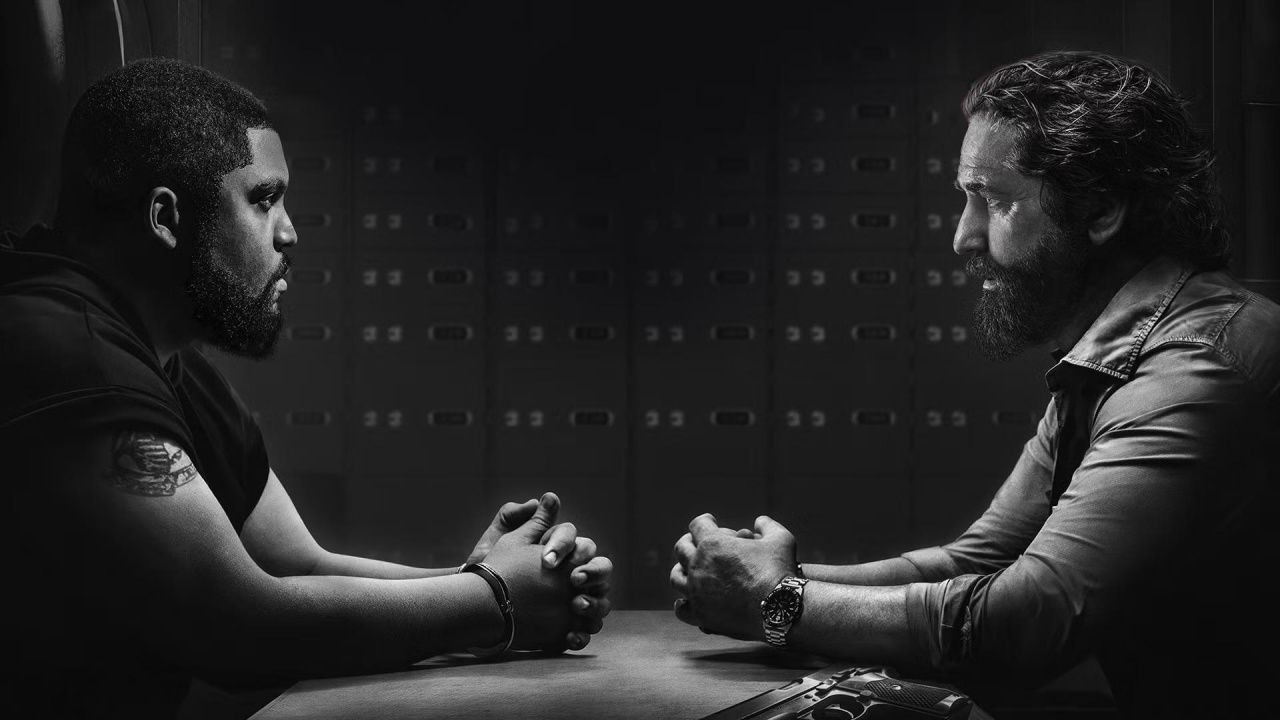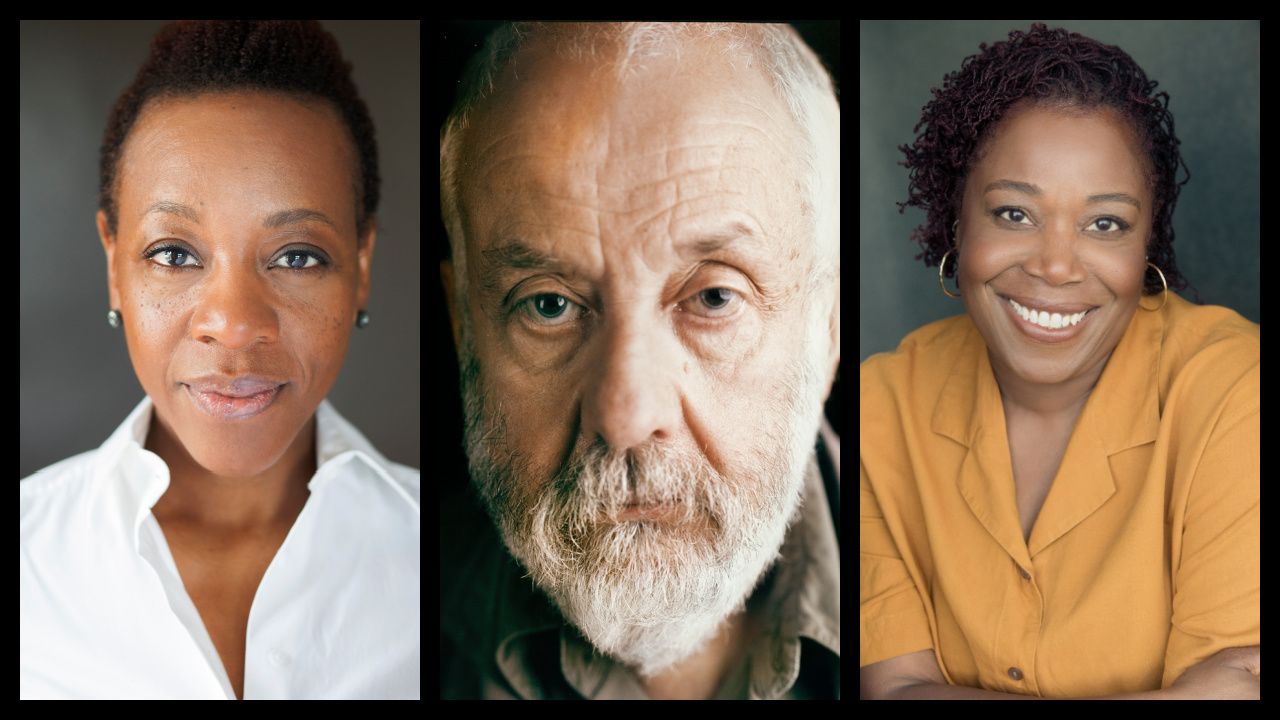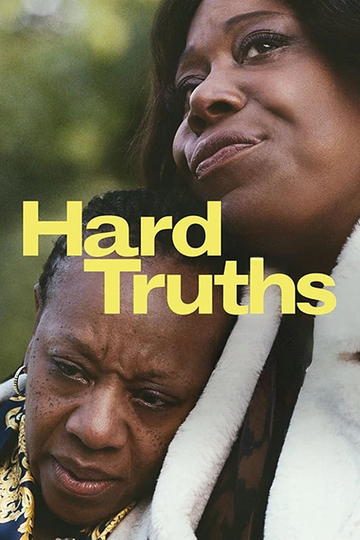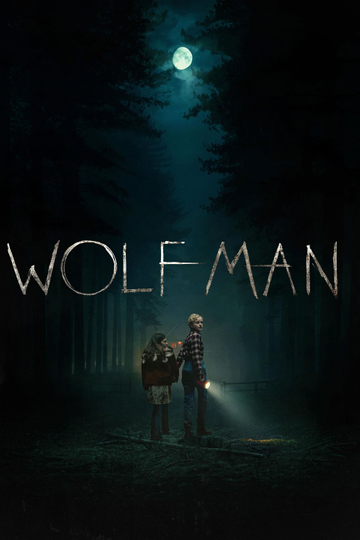Female Filmmakers in Focus: 'Phobias' directors Camilla Belle, Maritte Lee Go, & Jess Varley
Welcome to Female Filmmakers in Focus, where you will find a recommendation for films directed by women to seek out each week. This week features the horror anthology film ‘Phobias,’ plus an interview with three of the film’s directors: Jess Varley, Maritte Lee Go, Camilla Belle.
Phobias (2021) - directed by Camilla Belle, Maritte Lee Go, Joe Sill, Chris von Hoffmann, and Jess Varley
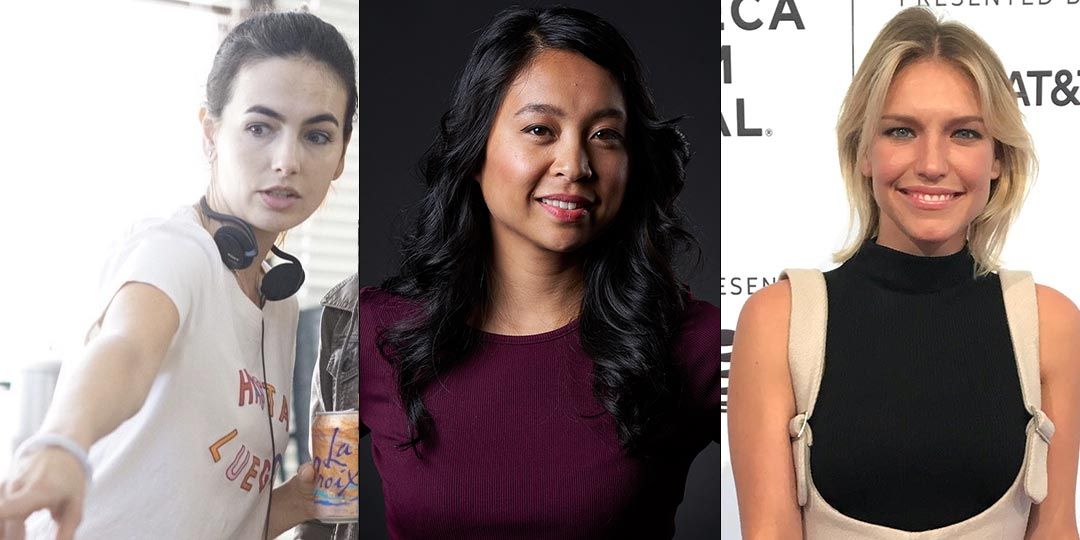
(L to R) Camilla Belle, Maritte Lee Go, & Jess Varley, three of the directors of 'Phobias'
Have you ever heard of the fear of weapons? Or the fear of imperfection? Or the fear of driving? Well, after finishing the new horror anthology you’ll know all about those fears and more. Each phobia is directed by one director, tied together with a frame story about a crazed government official who is trying to weaponize their fears. Some segments of ‘Phobias’ tackle timely subjects like anti-Asian sentiment, immigration raids, and PTSD, while others explore more typical horror subjects like home invasions, hauntings, and murder. The diverse cast is filled with character actors like Hana Mae Lee (‘Pitch Perfect’), Steve Park (‘Fargo,’ ‘Do The Right Thing’), Rushi Kota (‘Grey’s Anatomy), and Macy Gray (‘The Paperboy’) who are given roles that really show their range. Each filmmaker used a lot of the same crew, so there is a visual cohesion to the film, with the frame narrative setting it firmly in schlock B-film territory (this is a good thing). At turns terrifying, insightful, and mordantly funny, ‘Phobias’ should be a blast for fans of the genre.
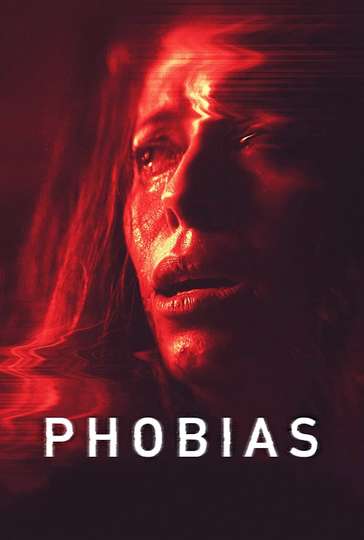
Read on for our interview with the directors of three of the five segments in the 'Phobias'
Jess Varley attended NYU's Tisch School of the Arts and has worked as writer-director-producer-actress for over a decade. Maritte Lee Go attended USC and has directed and produced over a dozen short films. Camilla Belle started her career as an actress making her feature film debut in Alfonso Cuarón’s ‘A Little Princess.’ This is Belle's first credit as a director.
Moviefone: How did you each get involved in the project?
Jess Varley: After talking to [production company] Radio Silence (‘Ready or Not’, ‘V/H/S’) about doing an anthology movie and possibly centering it around phobias. Maritte and I had already worked together, and she produced a short film of mine. She’s just always been an incredible filmmaker and champion that I’ve looked to, so she was an obvious choice. As were Chris (von Hoffmann) and Joe (Sill). We very fortunately got linked up with Camilla (Belle) and were just so excited to have her on board being a huge fan of her work for so many years. I was thrilled to collect all of my favorite people and get to learn from all of them throughout the process.
Maritte Lee Go: I’ve been producing with Eric B. Fleischman for many years. We went to USC together. We put a list of ideas out there and phobias is the one that stuck. Radio Silence was on board. After that we were writing our individual ideas and got into production.
Camilla Belle: From my end, like Jess had said, I was the newbie to this crew. I came in later, but everyone was extremely welcoming. At that point everyone had already picked their phobias and I think everyone’s scripts were almost done at that point. I had to rush my process a bit to get it done on time with everyone else. Everyone was very positive and welcoming.
MF: How did you choose your phobia?
JV: Especially I think for Maritte, Camilla and I, our segments are definitely real reflections of real phobias that we have. My segment is Atelophobia, which is the fear of imperfection. So I tried to explore the darker sides of perfectionism and body image stuff that so many people can relate to. When I was first embarking I was hoping it was not too personal just to me. I always find that if it’s something that you’re really passionate about, and that you really believe in, it’s amazing to see that translate to audience members and other people. There’s always going to be nuggets in there that people can relate to.
MLG: For mine, this was based on something I experienced one night dropping my ex-boyfriend off at the LAX airport. He left the car and as soon as he did I felt something sitting in my backseat. It was like this really cold air. I felt needles on the back of my neck. I never felt anything like that before, and I was really afraid, and I kept looking back, and I didn’t see anything. So I hopped on the 405 North trying to ignore it. I had a brand-new car and the car started acting on its own. The headlights were flashing. It was speeding up and slowing down. The channels started changing. I was terrified. I was like “Oh my god, get out of my car. Get out of my car, whatever you are.” I thought I was going to die - it was going 60, 70 miles an hour in crazy traffic. Finally, I was able to pull the car over, and I was crying like, “please, please get out of my car.” I finally felt it leave. The presence was not there anymore. I wasn’t cold. I didn’t feel the needles anymore. I left but it totally traumatized me. Every time I get in my car at night I’m constantly checking the back seat. I’m always afraid that something might be there. So that’s what inspired Vehophobia.
CB: With mine, once I settled on this one [Hoplophobia], I wouldn’t say I have a debilitating fear of weapons, or firearms, but I am not a fan to put it lightly. The story developed from the psychological aspects of trauma. That’s what really fascinated me, PTSD and dealing with trauma and how if it goes untreated what it can lead to. I’m always very much drawn to families and family dynamics. The idea of a son not only having the role of a son, but also somewhat being the parent and the caretaker of their parent. That really fascinated me.
MF: What do you hope people come away from your segment feeling?
CB: I think with mine, it’s having compassion for others. We might not know what others are going through. It’s more about coming out of it with some sort of compassion. I think even in discussing the short with people they asked, “What’s going to happen to the son? What’s going to happen to her and what’s his life going to be?” I hope their relationship touches people and that those questions are in their mind and more than anything compassion.
MLG: You can’t bury secrets forever. The dark deeds that you’ve done will come back to you and I believe that everything is seen in the supernatural world and it will come back to you in one way or another.
Jess: My hope is that certainly that anyone experiencing, whether it’s the fear of not being enough or comparing yourself to someone else, or that you are lacking in some way, I just hope that this segment helps people feel less alone.
MF: Can you each recommend one film directed by a woman that you suggest readers should seek out?
JV: I would love to highlight Veronika Franz, who co-directed ‘Goodnight Mommy’ and ‘The Lodge’. ‘Goodnight Mommy’ was a huge inspiration for Atelophobia. It’s got this great twist at the end and also deals with body dysmorphia topics as well. I’m obsessed with this movie. Totally worth a watch.
MLG: One of my favorite, favorite directors is Jane Campion, who did ‘The Piano’ and ‘Top of the Lake.’ I just think she is incredible. She has this way of capturing very grounded performances that feel like you are peeking in on something that is happening. She’s incredible at getting the most vulnerable moments out of actors. There’s no question that these people are living these lives there is so much authenticity in them. I’m a big fan of hers.
CB: I’ve also always been a huge fan of her work, but ‘The Piano’ - my mom and I went to go see it in the theater, and I was really young at the time. I’ll never forget because I think my mom didn’t realize Harvey Keitel was going to be naked with full-frontal nudity. She went to go cover my eyes, and yet I still have the image of Harvey Keitel full-frontal in my mind.
MLG: That’s amazing.
CB: A film I’ve seen more recently, during this awards season, is Brazil’s submission - my mom is from Brazil - so I’m always trying to support the filmmakers there. The director’s name is Bárbara Paz, and she directed a documentary, the first film she directed, about Hector Babenco. It’s called ‘Babenco: Tell Me When I Die.’ He’s one of the most lauded Brazilian filmmakers and was her husband. She depicts his life while he’s dying. It’s an extremely lyrical doc. I haven’t seen one really like that before. It’s so personal because she’s filming her husband’s final days. She didn’t want to make it like a filmography; she wanted to tell the story of him as a man, and for people to know him as an artist and as a husband and partner. He was very inspirational for her in becoming a filmmaker. It’s a very deeply personal doc that was special and heavy, but very special. I want to give her a shout-out.
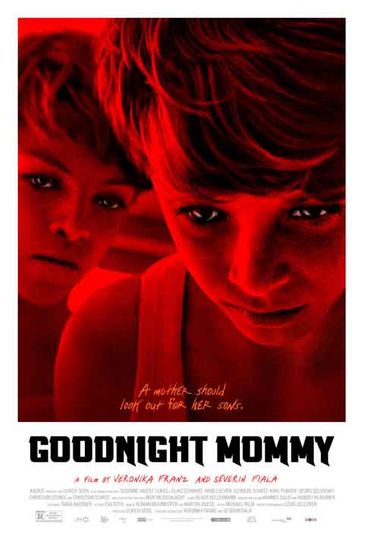
Goodnight Mommy
